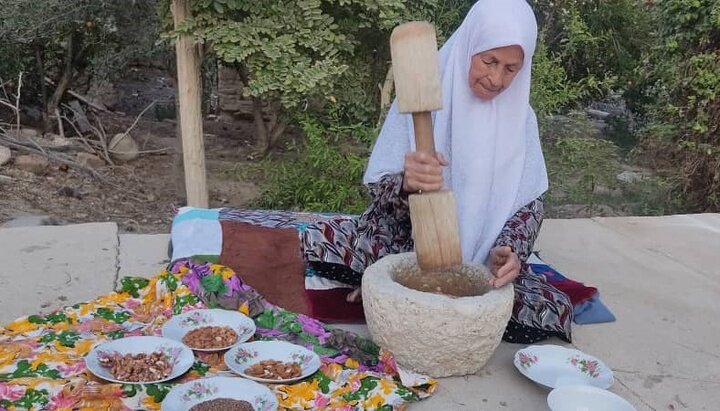Intangible elements long practiced in Yazd province get national status

TEHRAN –Four elements long practiced in Iran’s Yazd province have been added to the country’s national list for intangible cultural heritage, a local official said on Wednesday.
A religious ritual observed to commemorate the martyrdom anniversary of Imam Hussein (AS), the third Shia imam, and skills of playing a local game, baking an indigenous flatbread, and candy have been added to the prestigious list, the official said.
In July 2017, the historical core of Yazd, the provincial capital, was named a UNESCO World Heritage.
The semi-arid province is regularly referred to as a delightful place to stay, or a “don’t miss” destination by almost all of its visitors. It is full of mudbrick houses that are equipped with innovative badgirs (wind catchers), atmospheric alleyways, and many Islamic and Iranian monuments that shape its eye-catching city landscape.
Cultural heritage experts believe that Yazd is a living testimony to the intelligent use of limited available resources in the desert for survival. Water is brought to the city by the qanat system. Each district of the city is built on a qanat and has a communal center. Furthermore, the use of earth in buildings includes walls and roofs through the construction of vaults and domes. Houses are built with courtyards below ground level, serving underground areas. Wind-catchers, courtyards, and thick earthen walls create a pleasant microclimate.
Moreover, Yazd is home to numerous qanats which have supplied water to agricultural and permanent settlements for thousands of years.
AFM
